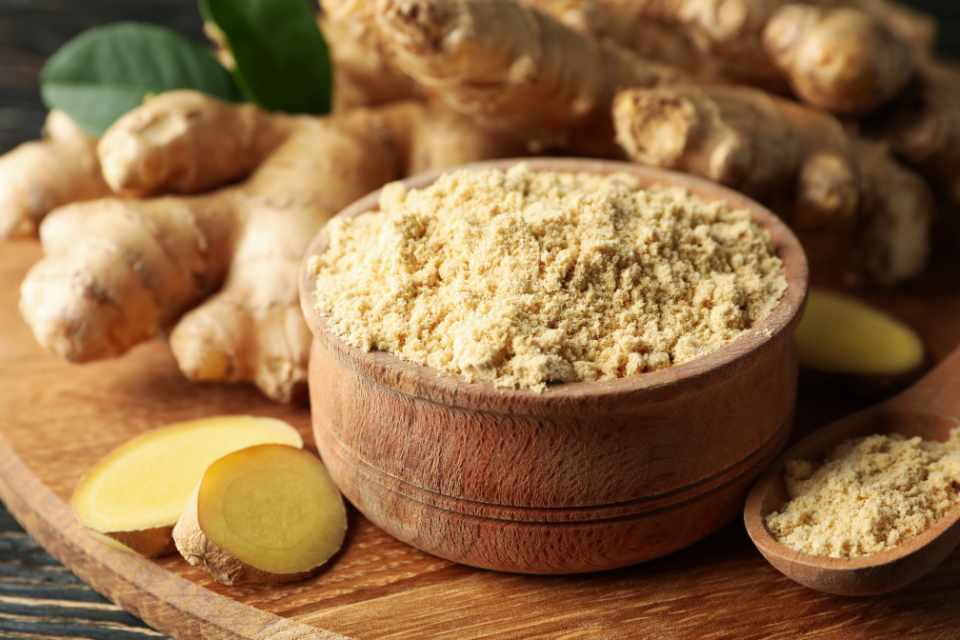An equal number of boys and girls suffer with migraine headaches. This changes after puberty. With the ratio of women to men migraineurs increasing with age. So that in her 40s a woman is more than three times as likely to suffer with migraines. It seems a woman’s complex hormonal fluctuations may be an additional cause of migraines. What’s more, these menstrual migraines are difficult to treat with conventional medicine. So, what does natural medicine have to offer?
What is a menstrual migraine?
Some women have true menstrual migraines. With headaches only occurring with menses or just before.
While others have migraines throughout their cycle. Yet, half of them report migraines occur more often during menses.
Migraine symptoms
Migraine pain can be on one or both sides of the head. Either aching, throbbing, stabbing or burning. There can also be a visual aura or disturbance. Or a sensitivity to light, smell or sound. Sufferers also complain of nausea or vomiting. They may crave a dark, quiet place where they can be still. The migraine lasting from 3 to 72 hours.
This study found that menstrual migraines were different to normal migraines. Menstrual migraines without aura were longer, more frequent and the pain more diverse.
Hormones and migraines
The association between migraines and hormones also includes pregnancy and perimenopause. With some women having worse symptoms at these times. Furthermore, some women say using hormone medications affects their migraines. For example, for some women the oral contraceptive might trigger an attack. Or, it can help reduce the number of headaches. Hormone replacement therapy can also increase the frequency and intensity of migraines.
It is also the case that certain stages of IVF treatment can provoke migraines. Especially if the sufferer had a previous migraine history.
Besides, migraines often occur alongside other symptoms related to the menstrual cycle. This may suggest that PMS and painful menses may have a similar cause to menstrual migraine. So, consider natural therapies for these conditions alongside migraine prevention.
Preventing menstrual migraines
As with all migraine headaches it is important to find and reduce triggering factors. For example, stress can affect hormone balance. So, it’s no surprise now that stress can also trigger migraine attacks. Stress management techniques can make a real difference to levels of perceived stress. See my post on how to manage stress for some stress management tips.
It can be very helpful to keep a headache diary to identify patterns of symptoms. This can help you discover your triggers.
Some examples of what to include in your headache diary:
- foods and drinks
- medications and supplements
- quality and quantity of sleep
- exercise
- mood
- menstrual cycle and any associated symptoms
- details of the headache, timing and any associated symptoms
I have written on the topic of preventing migraines before. See my post natural methods to reduce the frequency of migraines. In that post I discuss acupuncture, some herbal medicines and fish oil. These are still relevant options. Now I will discuss methods of preventing migraines associated with the menstrual cycle.
Lifestyle strategies
As I mention before stress can be a major trigger for migraines. So, developing ways to manage your stress can go a long way to lower your risk of an attack.
As well as finding ways to manage your stress, some other strategies that can help are:
- having regular meal times
- taking part in a regular exercise routine
- improving sleep patterns
Diet
Some foods and drinks may lower the threshold for migraine, making an attack more likely. In fact, dietary triggers may account for up to 20% of migraines. So, food and drink choices can be key in the control of migraine headaches. Of course the triggers vary from person to person. Though I have found that most people have at least some idea of their triggers. A headache diary can help to pin point them but some experimentation may be necessary.
Common dietary triggers include:
- alcohol, especially red wine
- chocolate
- aged cheese
- coffee or caffeine
- nuts
- onions
- bacon
A diet that contains a good ratio of omega-3 fats to omega-6 is anti-inflammatory. Lowering the frequency of migraine attacks, even without fish oil supplementation.
Abnormal responses to certain foods or drinks are also possible triggers. Once again a headache diary can help to identify these allergies or intolerances. Or, consider having a food intolerance test.
An elimination diet such as my body reset offers an effective way to determine if you have trigger foods. A reset diet involves removing the foods that we know cause problems for many people. Usually for a period of time between 14 to 60 days. Careful reintroduction helps to identify problem foods.
Dietary supplements
Studies show that magnesium may be particularly beneficial to prevent menstrual migraines.
Low levels of magnesium are very common. This is especially the case in people with menstrual migraines. So, women with menstrual migraines took part in a study of magnesium supplementation. When women took 360mg/day of a magnesium supplement they had less headache days. And, their premenstrual symptoms were also reduced.
The choice of magnesium supplement may be important. Some forms are more absorbable than others. Magnesium oxide in particular is not well absorbed. Yet this form is often found in vitamin and mineral formulations.
Some forms of magnesium, such as magnesium citrate, can cause loose stools. I often suggest magnesium glycinate in my practice. You should ask your primary care provider for advice if you are not sure which to take.
Herbal medicines to prevent migraines
Two herbs that are traditionally used to prevent migraines are feverfew and butterbur. I discuss these here. So I won’t repeat that information. Instead I will discuss ginger and valerian.
Ginger
Ginger is an anti-inflammatory and pungent spice. A traditional medicinal in Ayurvedic and Chinese medicine. Used for centuries to help reduce pain and inflammation. It is often used in formulations as a circulatory stimulant and antispasmodic remedy. It has a tradition of use as a hot infusion for the relief of painful menstruation.
Since PMS and painful menstruation may have a similar origin to menstrual migraine. Remedies that tackle the underlying cause may benefit all these conditions.
A recent study relates the use of dried ginger by a woman to prevent her migraines. She took 500-600mg at the onset of visual aura, with further doses every four hours for four days. The study reports less migraine frequency and severity.
This trial compares ginger powder with the drug sumatriptan for migraine prevention. Patients in both groups reported similar reductions in migraine attacks. The scientists also claim less side effects from ginger powder than the drug.
While this trial reports improvements in mood and PMS symptoms with ginger capsules. Whilst, this 2016 study mentions the benefits of ginger for both PMS and painful menses.
Furthermore, this review and meta-analysis finds ginger powder effective in reducing menstrual pain. And, this 2015 study describes ginger as effective as the mefanamic acid. An NSAID used for relief of menstrual pain.
Ginger is also a well known remedy for the relief of nausea. Which is a common symptom alongside migraine headaches.
A hot compress of fresh ginger root can also be effective for relief of some migraines. Grated and steeped in boiling water for five minutes. Then allowed to cool enough for application with a cloth to the skin of the forehead and temples.
Valerian
This herbal remedy is a mild sedative and antispasmodic herb. Speeding up the time it takes to fall asleep. As well as improving sleep quality and reducing wakeful periods. We know the quality and quantity of sleep affects migraine risk. So, this suggests one mechanism for the effectiveness of valerian for migraine prevention.
The results of this three month study show a reduction in symptoms of PMS with use of Valerian root extract. Whilst another study describes Valerian as an effective treatment for painful menstruation.
Of course, herbal medicines are not suitable for everyone. Some people will need to consult a qualified herbalist for guidance. This is especially true if you are taking conventional medication. Some herbs and supplements can interact with some drugs. Avoid medicinal herbs during pregnancy or breastfeeding unless you have sought professional advice.
Do you need help working through an elimination diet? Seek out a qualified therapist to guide you through the process. Click here for help.
If you have tried these remedies and found them beneficial please let others know. You can share your experiences in the comments box below.








0 Comments